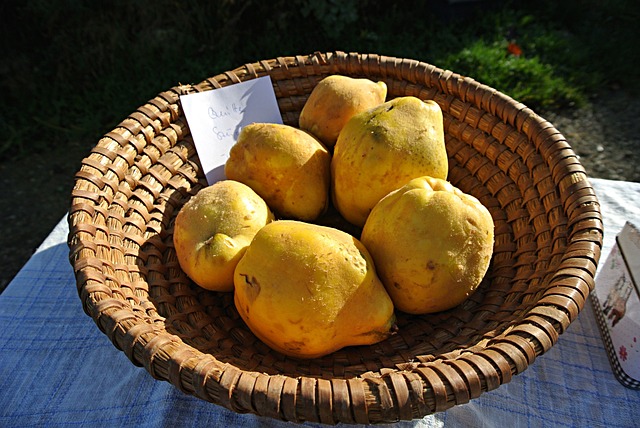Leaf collection and mulching are sustainable practices that transform yard waste into valuable resources. By reducing chemical fertilizers, these techniques promote soil health, plant protection, and environmental conservation. Yard Waste Removal and Recycling prevent greenhouse gas emissions from organic materials sent to landfills, fostering a circular economy and resource conservation. Effective leaf management involves regular collection, shredding or chopping, and composting for nutrient-rich soil amendments. Mulching recycled yard waste insulates soil, conserves moisture, suppresses weeds, and enhances landscape aesthetics.
Looking to transform your yard waste into a valuable asset? Discover the power of leaf collection and mulching—a sustainable practice that benefits both your garden and the environment. This comprehensive guide explores the process, environmental advantages, and strategic tips for efficient yard waste removal and recycling. By harnessing the potential of leaves, you can create nutrient-rich mulch, enhance soil health, and reduce environmental impact, making your outdoor space greener and more vibrant.
- Understanding Leaf Collection and Mulching: Benefits and Process
- The Environmental Impact of Recycling Yard Waste
- Effective Strategies for Efficient Leaf Management and Mulch Application
Understanding Leaf Collection and Mulching: Benefits and Process

Leaf collection and mulching are essential practices for maintaining a healthy yard, promoting environmental sustainability, and offering numerous benefits to property owners. By understanding the process and advantages, homeowners can contribute to eco-friendly practices while enhancing their outdoor spaces. This involves gathering fallen leaves, which can then be recycled or transformed into nutrient-rich mulch.
The benefits are multifaceted: it reduces the need for chemical fertilizers by adding organic matter back into the soil, thereby improving its structure and water retention. Mulching also protects plants from extreme weather conditions, conserves moisture, and suppresses weeds’ growth. Efficient yard waste removal through collection and recycling contributes to a cleaner environment, reducing the amount of debris sent to landfills.
The Environmental Impact of Recycling Yard Waste

The environment benefits significantly from yard waste removal and recycling, a practice that promotes sustainability and reduces ecological footprint. When organic materials like leaves, grass clippings, and twigs are sent to landfills, they decompose anaerobically, releasing harmful greenhouse gases such as methane into the atmosphere. Recycling these materials through composting or mulching prevents this environmental hazard. Instead, yard waste can be transformed into nutrient-rich compost that enhances soil quality, promotes healthy plant growth, and reduces the need for synthetic fertilizers. Mulch, on the other hand, provides insulation to soil, conserves moisture, suppresses weeds, and adds aesthetic appeal to landscapes. By adopting these practices, individuals and communities contribute to a circular economy where resources are conserved and reused, fostering a healthier planet.
Effective Strategies for Efficient Leaf Management and Mulch Application

Effective Strategies for Efficient Leaf Management and Mulch Application involve a few key steps that can enhance your yard’s health and appearance while promoting sustainable practices. First, yard waste removal should be systematic. Regularly collect fallen leaves to prevent them from smothering grass or blocking drainage systems. Consider composting organic materials instead of discarding them as trash, aligning with principles of yard waste recycling. This not only reduces environmental impact but also creates nutrient-rich compost that can be used to fertilize your garden.
Once collected, manage leaves efficiently by shredding or chopping them into smaller pieces for easier decomposition. This process allows for better aeration and faster transformation into beneficial mulch. Mulch application is a strategic step in maintaining a healthy yard ecosystem. Spread the shredded leaves evenly across your garden beds and around trees to insulate roots from extreme temperatures, conserve soil moisture, and suppress weeds naturally.
Leaf collection and mulching are not only beneficial for managing yard waste but also contribute to a healthier environment. By understanding the process, its advantages, and effective strategies, homeowners can significantly reduce their ecological footprint. Implementing these practices ensures efficient resource utilization, minimizes landscape damage, and promotes a sustainable approach to yard maintenance. So, embrace the power of leaf collection and mulching as a game-changer in your garden care routine and help preserve our natural surroundings through responsible yard waste removal and recycling.
